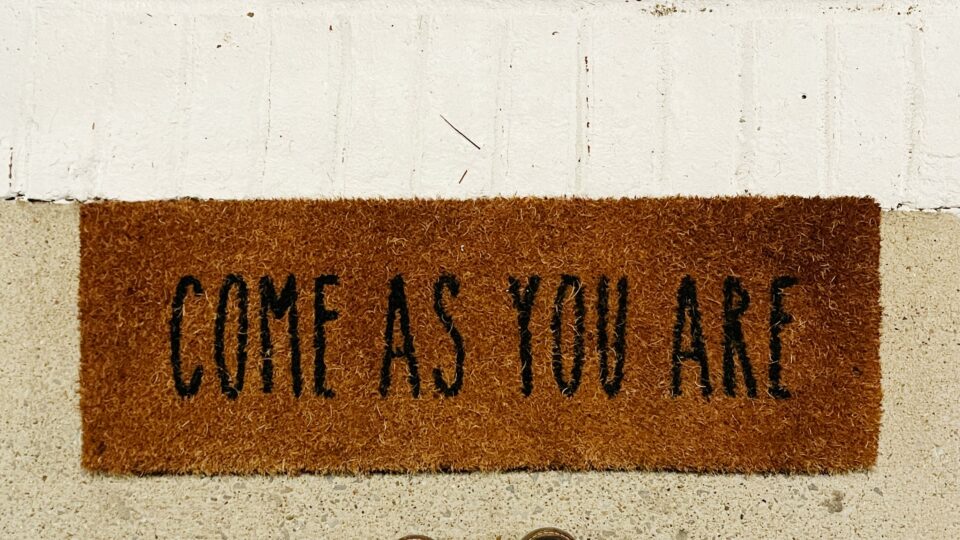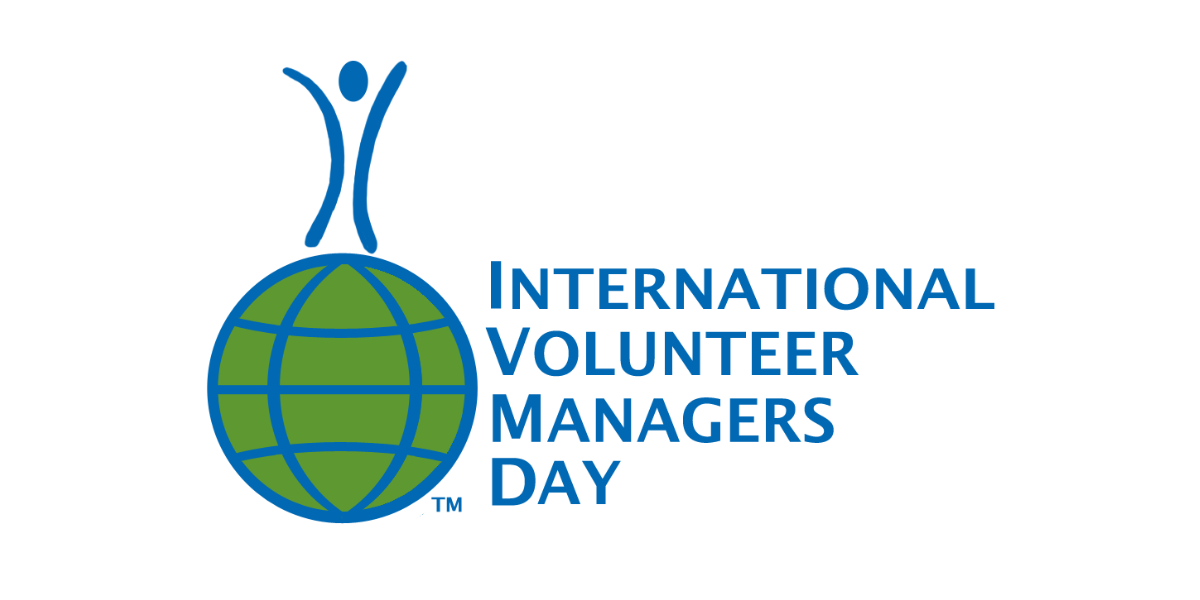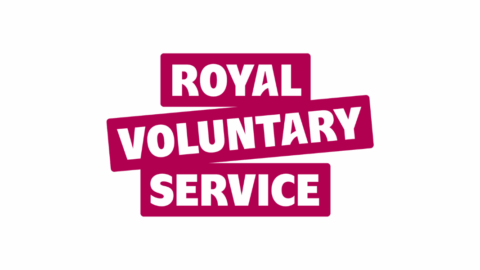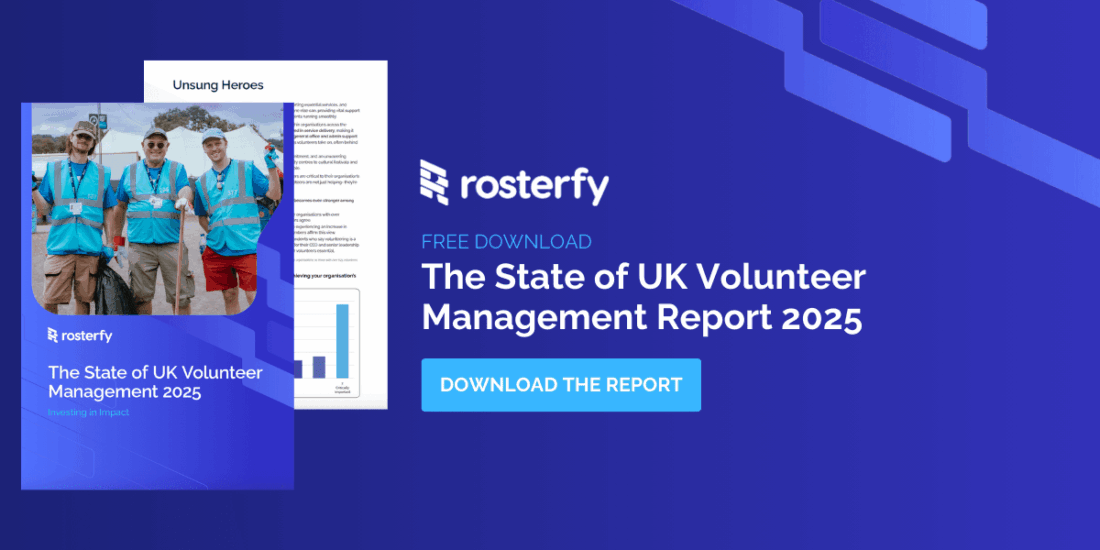by Rachel King
I was diagnosed with Bipolar Disorder in February 2022, aged 25, after around seven years of misdiagnosis.
Now, before I go any further, I just want to say: one person living with bipolar is exactly that—one person living with bipolar. Our experiences with mental health are as unique and individual as we are as humans.
To summarise briefly how life has been since my diagnosis… well, calling it a rollercoaster feels like a bit of an understatement. It’s been more like a rollercoaster where the brakes don’t work, I’m upside down and back to front, the seatbelt’s tangled around my knees, all my belongings have fallen out of my pockets—and someone’s strapped a fighter jet engine to the back. That kind of ride.
It’s been encouraging over the last few years to see more people engaging in the conversation around mental health and wellbeing, but when you’re struggling, it can still feel like sometimes people only want to engage when it fits neatly into a nice shiny, socially acceptable box for social media.
But mental health isn’t always photogenic. It isn’t always bubble baths and bath bombs for self care. More often, it’s messy, hard, and raw—and that’s the place I try to speak from.
So, this Mental Health Awareness Week, I wanted to share ten things I’ve learned. Whether you have a diagnosis yourself, support or work with someone who struggles with their mental health, whether you consider yourself to be neurospicy, neurotypical or somewhere in between, or if you’re simply just trying to take better care of your mental wellbeing—take what’s useful, leave what’s not, and feel free to chuck it in your mental health toolbox (or, if you’re a big nerd like me, add it to some obsessive collection you’ve started hyperfixating on).
1. Find places and spaces where you can be your full, messy, brilliant self
When I started my role as the National Volunteering Manager at RDA UK, I made a promise to bring my whole self to work—for the first time in my life. That included being open about my diagnosis, starting in my application, during my interview, and every day since. I try to be as open and honest as I can on LinkedIn about what it’s like to live and work with bipolar disorder.
Is it still terrifying sometimes? Yes. Do I worry people are judging me? Absolutely. Do people say things like, “Well, you don’t seem mentally ill”? You bet. But for me, if I can’t show up fully—chaotic brain, big heart, 10% energy days and all—it’s not the right space for me. Yes, I still mask some days, but I know at the core, I’m able to be me.
2. Get clear in your own head first
If I don’t understand what’s going on with my brain, how can I expect anyone else to? I ask myself things like:
- What helps me thrive at work?
- What sends me into overwhelm?
- What are the early warning signs that things are starting to go wrong?
- What might other people notice if my mental health is deteriorating?
- How do I want people to communicate with me (or someone else?) if they’re concerned about my mental health?
- What support do I actually need—and how do I want others to respond?
- What am I happy and comfortable sharing, and for what reason or purpose?
- What is my relationship with work like right now? Why am I overworking? Am I using it as an unhealthy coping mechanism?
It’s hard to advocate for yourself if you don’t know what you need. Get curious.
3. Stay Curious & Keep Learning
Just because I live with bipolar doesn’t mean it’s my responsibility to educate others—but for my own sake, I want to keep learning about it.
That said, if I’m ever given the opportunity to help someone else understand it too, you can bet I’m taking it. First-hand experiences can influence someone’s perspective or make them reconsider their own views. The more people understand, the less they’ll rely on outdated assumptions or sensationalised portrayals.
And for me, it’s just as important to stay open-minded myself. I’m constantly learning—not just about bipolar, but about how mental illness shows up for other people too.
4. Learn How to Communicate What You Need (Honestly)
We don’t all need the same kind of support. Here are some phrases that help me:
- “I’m struggling to remember to eat/take my meds/get outside—can you help by reminding me?”
- “Can I have a specific deadline instead of ASAP?”
- “I’m feeling anxious that I did a really bad job during that meeting. Can you give me some feedback, please?”
- “I’m really not at my best today—please be a little patient with me during this session.”
- “Is it okay if I take a bit of a break this morning and log back on at lunchtime? I’m really tired, and my brain is super foggy right now.”
Small adjustments can make a huge difference.
5. Find Support in Different Places
I fall into that frustrating “high functioning but struggling” camp. It took me a long time to accept that, but it’s okay.
It’s taken trial and error to find what works for me—from therapists and peer groups to volunteering, Access to Work, and health & wellbeing coaches. Bipolar UK’s sessions (run by volunteers!) have been invaluable.
There’s no one-size-fits-all solution, and it’s important to explore different types of support until you find what works best for you.
6. Put your own oxygen mask on first. Sometimes you need kindness. Sometimes you need a firm word with yourself.
Your best looks different every day. Some days, feeding myself a meal is the biggest win. Other days, it’s delivering a major event.
“Be kind to yourself” is great advice—until it becomes an excuse to avoid the hard stuff. Know when you need rest, and when you need a nudge to do the hard but helpful thing that your future self will thank you for.
7. Share Resources
You’re not responsible for everyone’s learning—but sharing things that resonate can help build awareness. I often say, “Just thought this looked interesting!” and leave it at that.
8. Understand your comfort zone, stretch zone, and panic zone
Just because I live with a chronic mental illness doesn’t mean I don’t want to grow. But I’ve had to learn the line between growth and overwhelm.
Push your limits—but protect your peace. Know what helps you grow, and what might set you back.
9. Swap to-do lists for achievement lists
To-do lists stress me out. Achievement lists remind me how much I have done.
Track your patterns and habits like we track impact in the sector:
- What helps?
- What drains me?
- What fills my cup?
- What tasks do I enjoy most?
Start celebrating your wins—big or small. You’ll see your days, and yourself, differently.
10. Start from where you are
Don’t let other people’s journeys pressure you into rushing yours. Being open about your mental health doesn’t have to mean sharing it publicly. It might just mean saying, “I’m struggling.” There will be relapses. There will be progress. Keep showing up. Do what your future self will thank you for.
I hope these reflections offer something useful. Let’s keep the honest, tricky conversations going. I’d love to know what resonates with you—or what you’ve learned along the way.
Remember, we’re all figuring it out, one messy step at a time.
About Rachel King
Rachel is the National Volunteering Manager at Riding for the Disabled Association (RDA).






What a brilliant piece Rachel, the last point especially resonates – knowing who you are, what works for you and taking control to make it happen on a daily basis, a great message of empowerment (and compassion). Thank you for sharing.